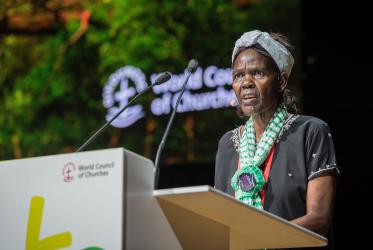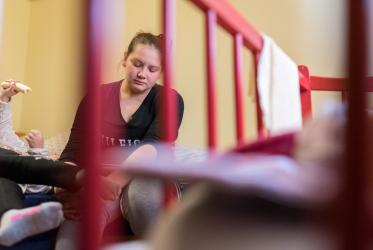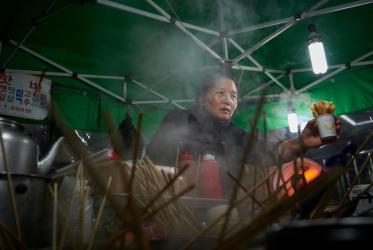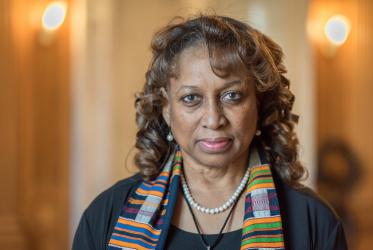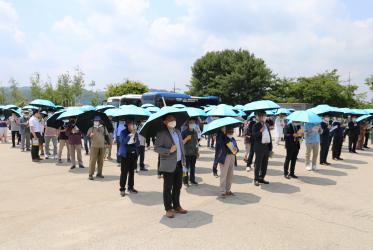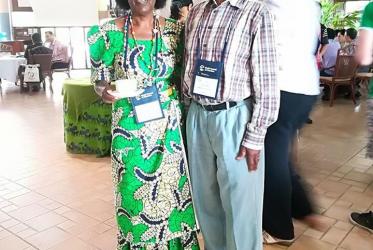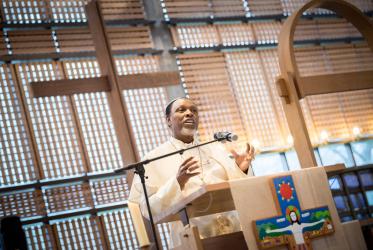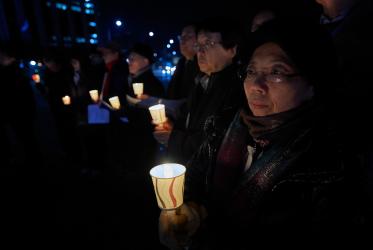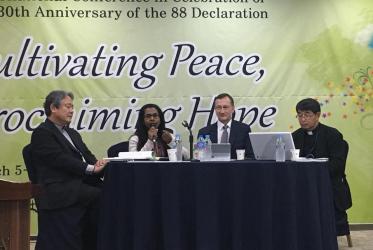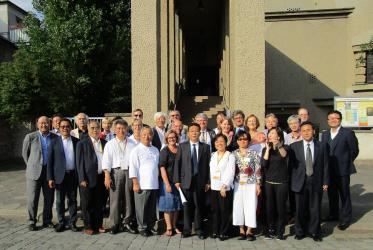Displaying 1 - 20 of 33
01 June 2023
New student body at Bossey Ecumenical Institute “a source of joy”
14 September 2020
WCC congratulates primate of The Church of the Lord
17 October 2018
WCC welcomes “powerful sign of hope” on Korean Peninsula
08 March 2018
UN discussion focuses on women, HIV and property rights
21 March 2017
